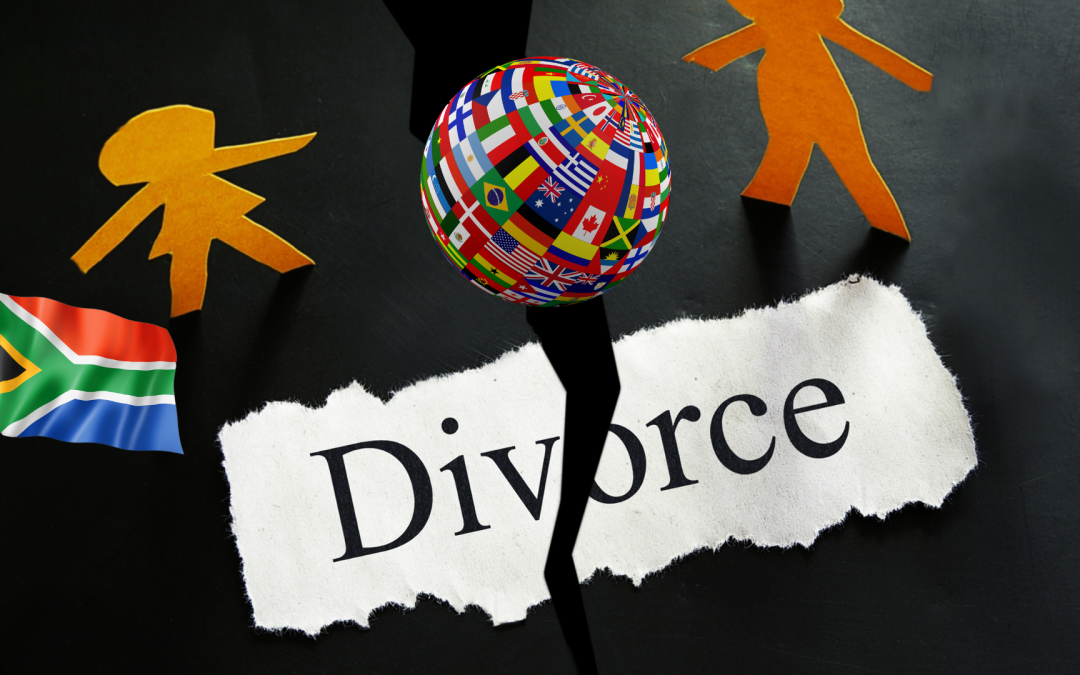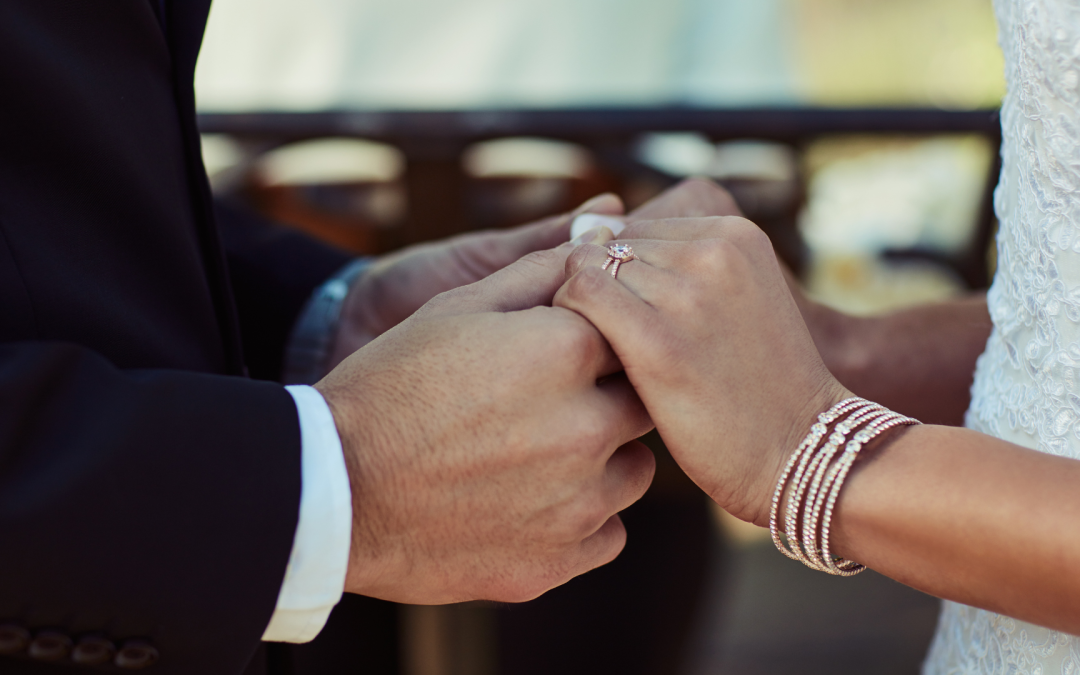Lungi and Tebogo got married in December 2018 in Durban, Kwazulu-Natal. Tebogo paid full lobola for Lungi and the handing over of the bride ceremony was done, however, they never formally registered their marriage. Lungi and Tebogo now want to get divorced, however, they have concerns surrounding whether their marriage is valid or not?
What makes a customary marriage valid?
For a customary marriage to be valid, one must consider the requirements set out in Section 3(1) of the Act which mentions, amongst other things, that both parties must be 18 years and older, and must both consent to the married under customary law.
Which act governs customary marriages?
The Recognition of Customary Marriages Act 120 of 1998 (“the Act”) caused significant changes to be brought about to customary marriages. The Act was created with the sole intention that all customary marriages would be considered valid in South Africa and under our law.
What is a customary marriage?
A customary marriage according to Section 1 of the Act is defined as customs and usages traditionally observed among the indigenous people of South Africa and, which form part of their culture.
The registration of a customary marriage
The registration of a customary marriage is dealt with under Section 4 of the Act and specifically states that the parties entering into a customary marriage have a duty to ensure that it is registered. Many people, once lobola has been paid, never go a step further and register the customary marriage so that fewer problems are created upon divorce.
What to remember when registering a customary marriage
Important to note regarding the registration of a customary marriage is that:
- Marriages entered into BEFORE the commencement of the Act, must be registered within 12 months after that commencement; and
- Marriages entered into AFTER the commencement of the Act must be registered within 3 months after the conclusion of the marriage.
Section 4 of the ACT
Section 4 of the Act goes on further to state that:
- Either party may apply to the registering officer by filling out a form and furnishing the registering officer with any details he/she may require to register such customary marriage.
- The registering officer will register the marriage by recording the identity of the spouses, the date of marriage, and any lobola agreed to, and then issue a registration certificate.
- If a customary marriage is not registered, and a person satisfies the registering officer that they have an interest in the matter, may apply to enquire into the existence of the marriage.
- If a registering officer is not satisfied that a customary marriage was entered into, he/she will not register the marriage.
- A court has the power to make an order either registering and/or cancelling a customary marriage.
- The failure to register a customary marriage does not affect the validity thereof.
Should you need any assistance, please feel free to contact our offices.













